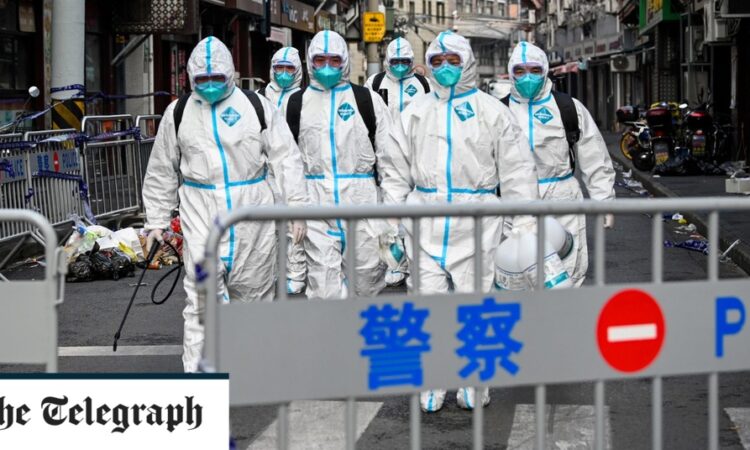
Yet the tables soon turned, and in the event, closing down the economy to fight Covid has proved just as economically disastrous for China as it was to America and Europe, and the way things look right now, possibly more so.
While the West did what it does best, and rapidly came up with vaccines and medicines to fight the disease, China remained stuck in a timewarp behind the high walls of Xi’s zero-Covid policies, prevented by pride and innate sense of Chinese exceptionalism from recognising the damage they were doing.
As in the West, the induced sleep of lockdown has acted as a petri-dish for all the economy’s underlying weaknesses.
When finally forced by growing popular unrest to abandon the zero-Covid policy, China failed to come bouncing back as expected, and is now threatened with a tsunami of bankruptcies, deflation, and as demand plummets, oversupply in everything from housing to car production.
There was never anything particularly unique about the Chinese development story, besides its sheer size, speed and the admirably hard-working qualities of the Chinese people.
But like all such growth spurts, it was built on a Ponzi-style inverted pyramid of rising indebtedness. Now that the credit bubble is bursting, you wonder for how much longer the charade can be kept going by merely applying more of the same.
Some may say good; China is finally getting its comeuppance.
This may be to misread the dangers. An economically unstable China might prove even more of a threat to Western wellbeing than a resurgent one.
But if I were India, Brazil, or any of the Johnny-come-lately additions to the Brics conflab, I know where I would be placing my chips.
Despite years of shameful Western neglect, it would not be China.






